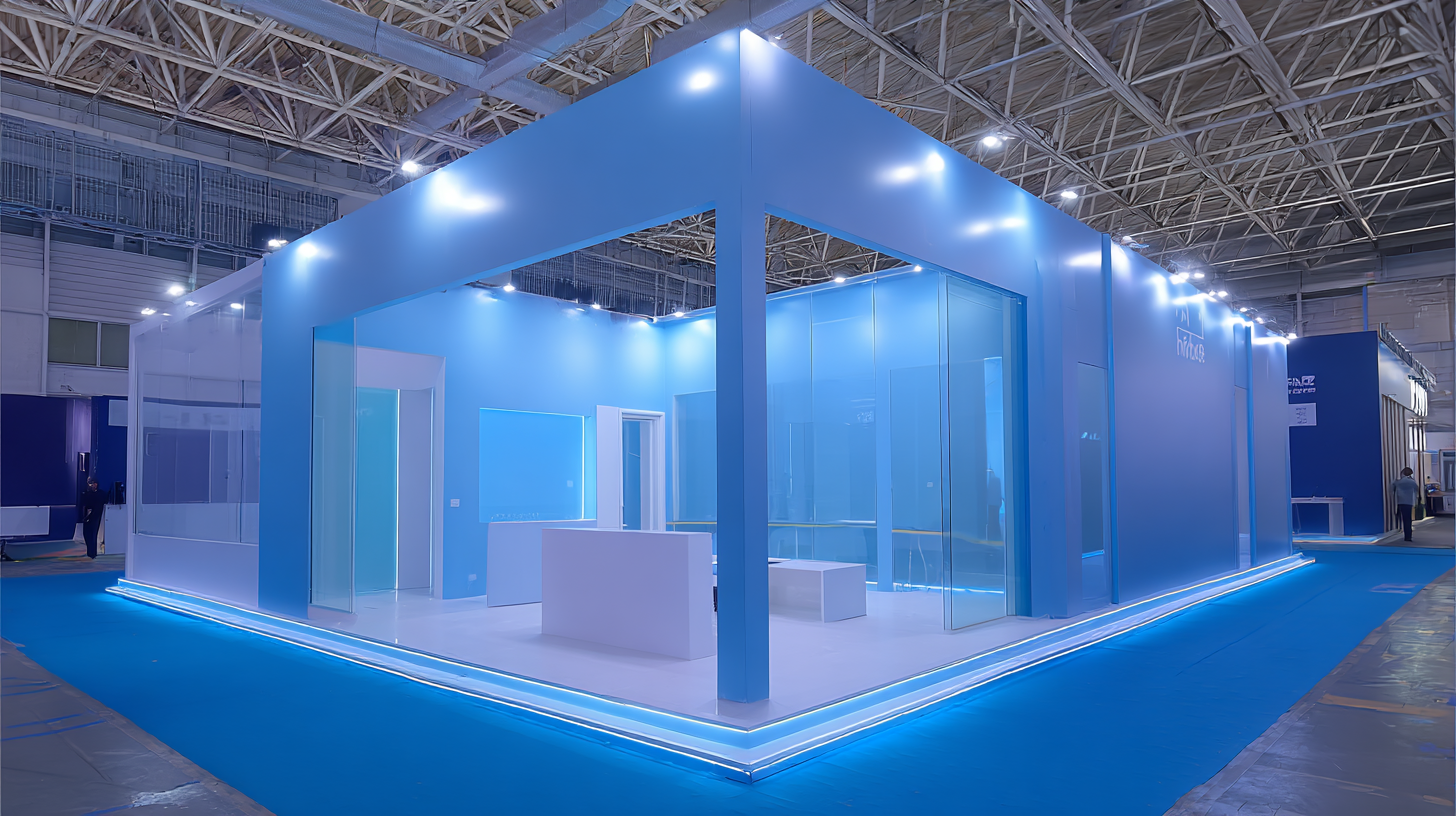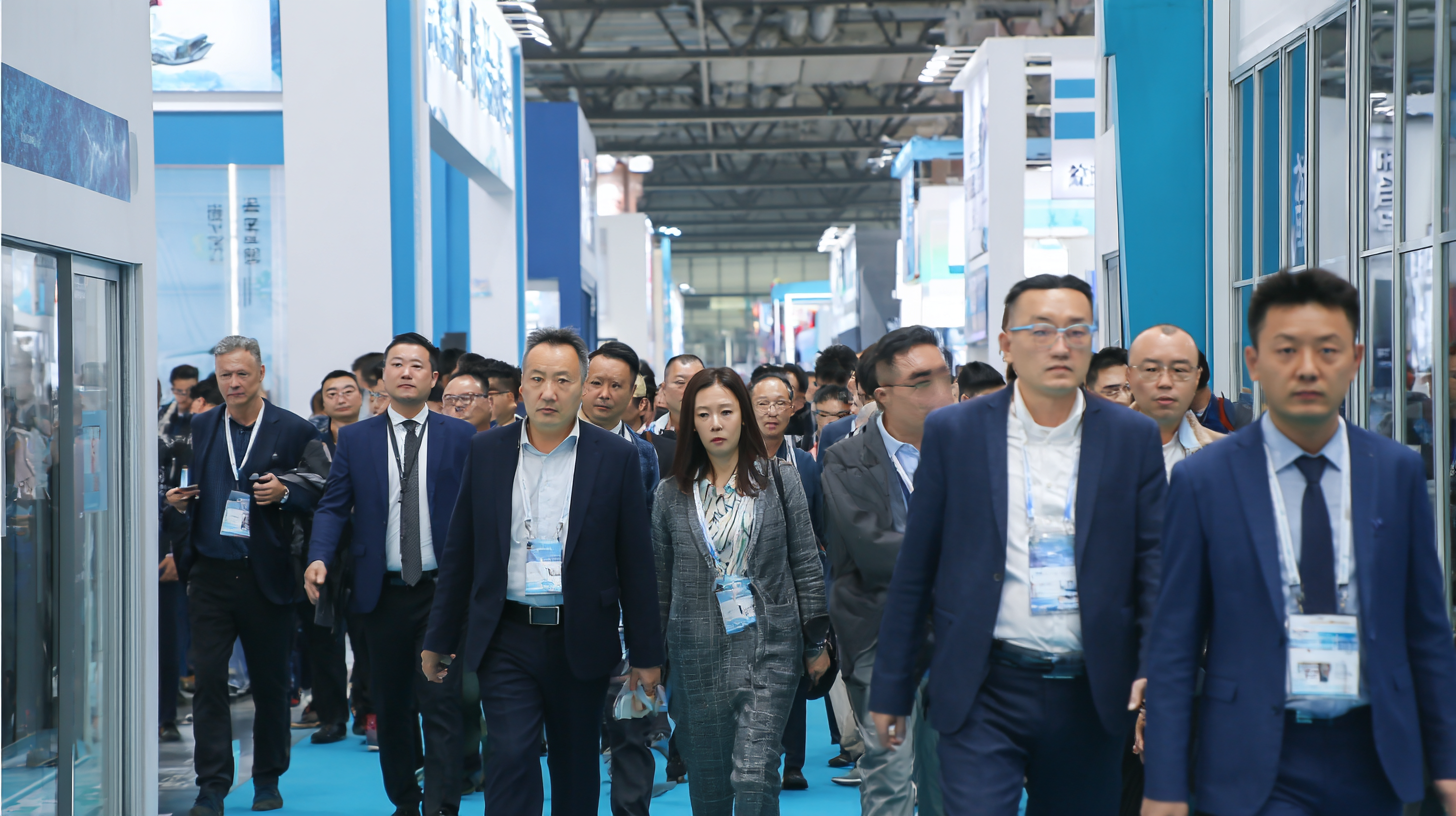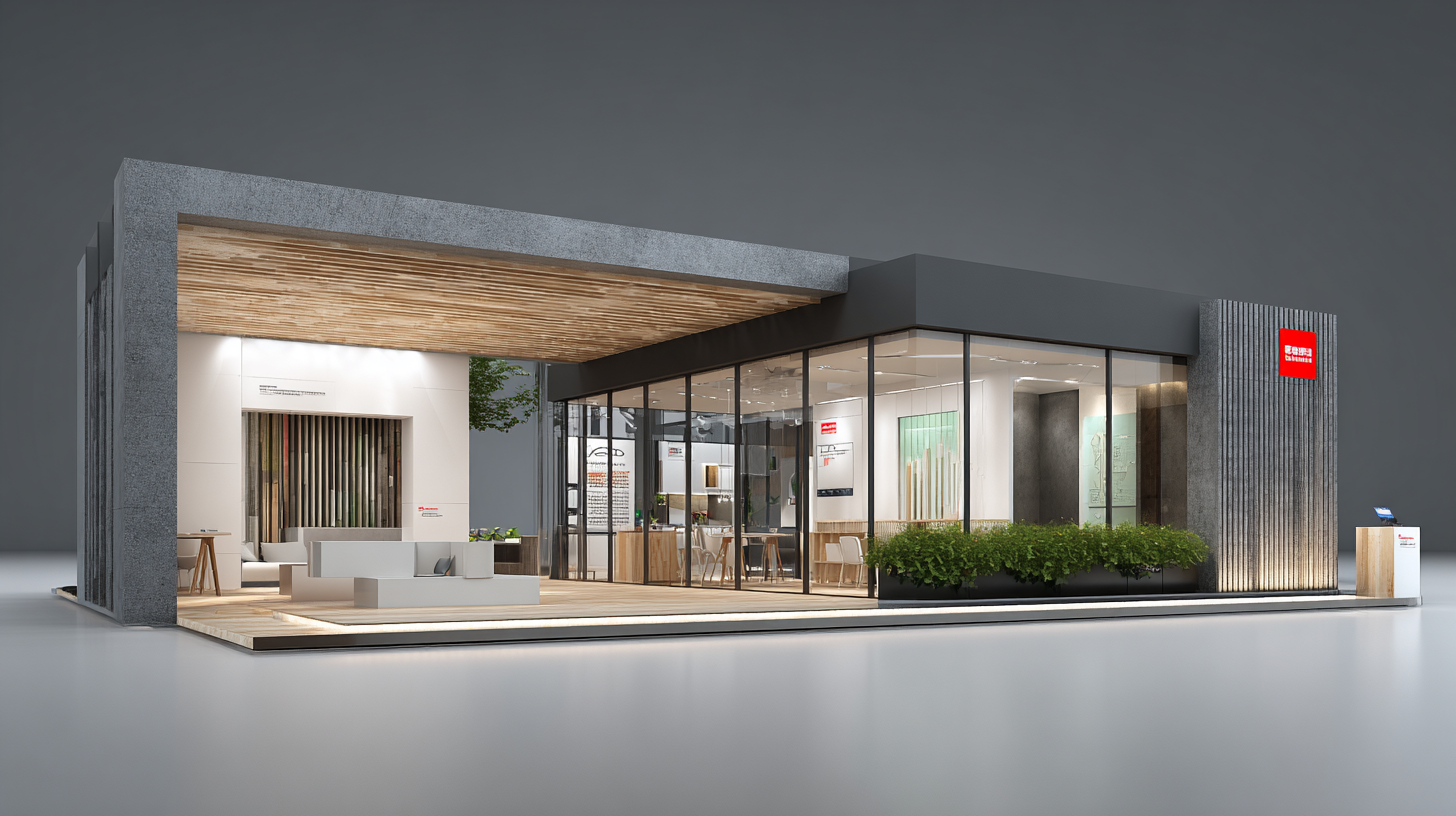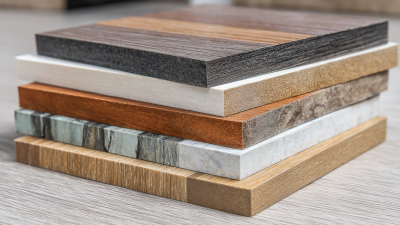Leave Your Message
-
Facebook
-
Whatsapp
-
Whatsapp


As the world increasingly prioritizes sustainability and aesthetics in construction, Plastic Wall Cladding has emerged as a forefront solution ensuring durability and design flexibility. The 138th Canton Fair in 2025 showcases the latest innovations in this dynamic industry, reflecting significant advancements in manufacturing technologies and materials. According to a recent report by Market Research Future, the global plastic wall cladding market is projected to reach USD 18 billion by 2026, growing at a CAGR of 5.4% from 2021. This growth is driven by rising demand for lightweight, weather-resistant, and easy-to-install building materials. With the emphasis on energy efficiency and eco-friendliness, Plastic Wall Cladding not only enhances the aesthetic appeal of commercial and residential properties but also aligns with contemporary green building practices. The Canton Fair serves as an ideal platform for industry stakeholders to explore emerging trends and engage with innovations that will shape the future of construction.

The 138th Canton Fair 2025 has become a pivotal stage for showcasing innovative designs in plastic wall cladding, reflecting significant advancements in the industry. Recent reports indicate that the global plastic wall cladding market is projected to grow at a CAGR of 6.3% from 2023 to 2030, driven by increased demand for durable, low-maintenance building materials. This trend is evident in the diverse array of products on display, where manufacturers are leveraging new technologies and sustainable materials to enhance aesthetic appeal and functionality.
Among the standout innovations at the fair are textured finishes and customizable panels that cater to both residential and commercial applications. According to a study by MarketsandMarkets, approximately 47% of architects and designers are now prioritizing aesthetics in their material selections, leading to a surge in demand for versatile plastic cladding solutions. Exhibitors highlighted designs that not only meet practical requirements but also incorporate eco-friendly materials, aligning with the growing sustainability movement within the construction industry. This shift indicates a transformative era for plastic wall cladding, positioning it as a crucial component in modern architecture.
As the construction industry increasingly prioritizes sustainability, the exploration of plastic wall cladding innovations at the 138th Canton Fair 2025 highlights a significant shift towards eco-friendly materials. Among these advancements, bio-based materials, such as mycelium composites, are gaining attention for their potential to replace traditional plastics. These materials not only promise reduced environmental impact but also offer unique aesthetic and functional benefits, paving the way for a more sustainable architectural landscape.

The move towards plastic-free architecture is further evidenced by projects across the globe that embrace upcycled materials and innovative production techniques. For instance, the rise of homes constructed from clay, grass, and other natural resources illustrates a growing commitment to climate resilience. Furthermore, research into sustainable and energy-efficient building materials suggests that integrating bio-based resources can lead to significant advancements in reducing the industry's carbon footprint. As trends continue to evolve, the future of plastic wall cladding appears to be closely intertwined with the vision of a greener, more sustainable built environment.
The market for plastic wall cladding solutions is evolving, driven by a significant consumer preference for sustainable and innovative materials. Recent data indicates that the global cladding market was valued at $248.3 billion in 2023, with projections to reach $485.5 billion by 2032. This growth reflects a compound annual growth rate (CAGR) of 7.4% from 2024 to 2032, highlighting an increasing demand for eco-friendly and durable building materials that align with modern environmental standards.
Consumers are not only focusing on aesthetics but also prioritizing quality and sustainability when making choices about construction materials. In fact, about 70% of consumers now value durability and long-lasting performance over cost, signaling a shift towards investing in high-quality products. This change is complemented by innovations in the wall panels sector, especially in the realm of recycled materials, where the expected market size for wood-plastic composite wall panels is anticipated to expand from $4.5 billion in 2024 to $7.2 billion by 2033.
**Tips:** When selecting wall cladding, consider materials that incorporate recycled content, as these options often provide both sustainability and superior durability. Always look for innovations that enhance the aesthetic appeal while ensuring the environmental impact is minimal, meeting the evolving demands of today’s informed consumers.

At the 138th Canton Fair 2025, the spotlight on plastic wall cladding highlighted significant technological advancements in its manufacturing processes. Innovations such as improved extrusion techniques and the integration of automated production lines have revolutionized the efficiency and quality of plastic wall cladding. These advancements not only streamline production but also enhance the material’s durability and aesthetic appeal, meeting the rising demand for sustainable building materials.
Moreover, the introduction of eco-friendly resins and recycled materials has also transformed the industry. Manufacturers are increasingly utilizing these sustainable resources to cater to environmentally conscious consumers. The advancements in digital printing technology allow for intricate designs and customizations, making plastic wall cladding a versatile choice for various architectural applications. As the industry evolves, these technological strides are setting new standards for both functionality and design, ensuring that plastic wall cladding remains a competitive option in the construction materials market.
The 138th Canton Fair serves as a vital networking hub for industry professionals, particularly in sectors like plastic wall cladding. This year's fair, held from October 15 to November 4, 2025, highlights the need for meaningful connections in an increasingly competitive global market. With experts emphasizing the importance of strategic networking, participants can expect to engage with key players who influence trends and innovations in their respective fields.
Reports indicate that around 25% of businesses attribute their growth directly to the relationships formed at trade fairs, underscoring the significance of such events in fostering collaboration and exploring new opportunities.
In addition to networking, the Canton Fair offers an upgraded global trade platform that integrates enhanced services and experiences, catering specifically to the diverse needs of attendees. The fair features innovative products and solutions, particularly in the realm of sustainable materials, which has seen a 15% increase in demand according to industry forecasts. With over 100,000 expected visitors, including international buyers looking for cutting-edge advancements, the event provides a unique chance to engage with innovations in plastic wall cladding while forging partnerships that can drive business success beyond the fair.






